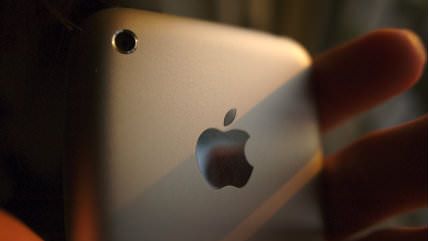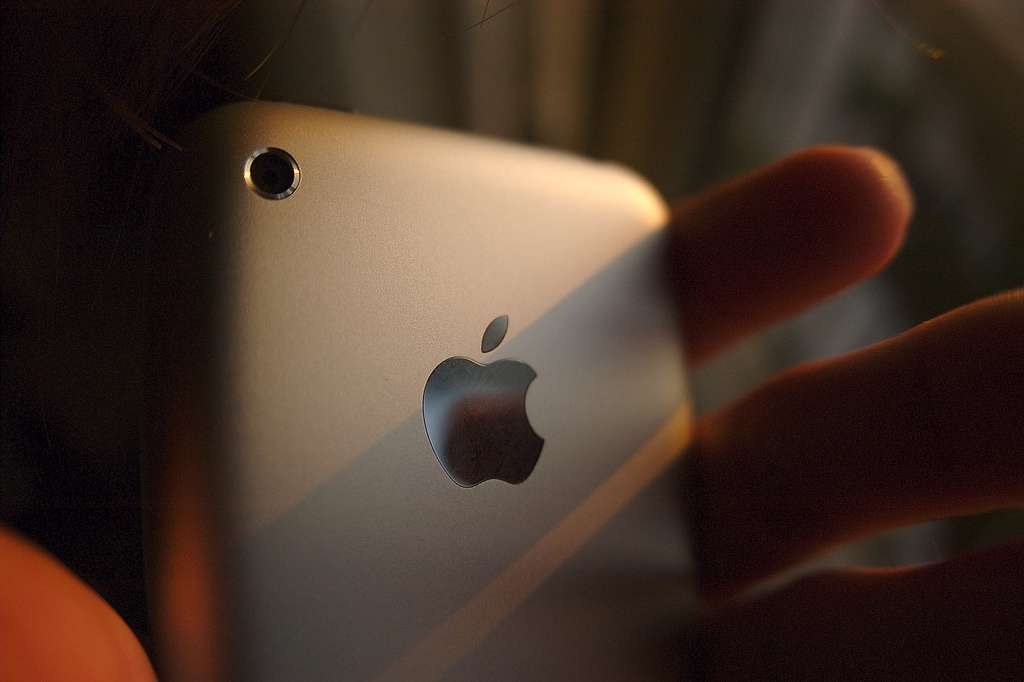Cellphone Separation Anxiety: Real, and Making Us Dumber?
Findings suggest cellphone separation anxiety can negatively impact cognitive performance and cause blood pressure to rise.


A new study from the University of Missouri shows that cellphone separation anxiety could cause physical and cognitive effects. "iPhone Separation Anxiety Makes You Dumb," Time magazine reported. "Pining for your iPhone can numb the brain," warned CNET.
For the study, published in the Journal of Computer-Mediated Communication, student participants were told they were testing a new wireless blood pressure cuff. While testing it, they were to complete some simple word search puzzles. During the first testing round, participants were allowed to keep phones on them. But for the second round, researchers said phones needed to be placed further away because they were interfering with the cuff's Bluetooth capabilities.
All participants were iPhone users, though they were unaware this was a reason for their inclusion in the study. During the second testing round, researchers called participant iPhones, which they were then unable to answer. Many experienced higher blood pressure and an increased heart rate. They also performed worse on the word puzzles this time. "Our findings suggest that iPhone separation can negatively impact performance on mental tasks," lead study author Russell Clayton said.
Plausible enough, though it seems hard to distinguish the effects of phone separation per se from other possible causes for the changes: the fact of an interruption in general, wondering who might be calling, feeling guilt that a phone's volume hadn't been shut off. (In actuality, researchers switched on the volume for phones that had been placed on silent, adding confusion to the list of factors which may have provoked participant responses.)
Clayton added that study results "suggest that iPhones are capable of becoming an extension of ourselves such that when separated, we experience a lessening of 'self' and a negative physiological state." I don't know about all that. Anxiety over separation from a phone as an object seems a different thing entirely than anxiety provoked by lack of access to what the phone brings—a text from a friend, likes on a Facebook status, confirmation that the communications you've put out into the world are not totally awful and embarrassing. And this, too, seems different from negative reactions brought by missing a specific communication-in-progress.
The study didn't probe what underlie participant anxiety, and I think it's a bit rash to read results as some sort of meditation on 21st century selfhood. In any event, the study may be good news for folks who do like to keep their phones omnipresent. A University of Missouri press release about the study advises that "iPhone users should avoid parting with their phones during daily situations that involve a great deal of attention, such as taking tests, sitting in conferences or meetings, or completing important work assignments".


Show Comments (25)